TESTIMONIAL: My hard road back to ‘normal’
Newsletter editor Odin Rasco talks facing challenges reentering the world after two years of COVID-19 isolation
The State Hornet’s newsletter editor Odin Rasco stands outside at Sacramento State’s campus on April 21, 2022. “We are living in a time that asks so much, too much of us mentally and emotionally, just to exist.”
May 9, 2022
I’ve struggled with my mental health for almost as long as I can remember. I can vividly recall my first panic attack, seven years old and horrified at the uncertainty of what would happen after I died.
I sat under the covers on the top bunk of my metal-framed bed with the chipped red paint, screaming with confusion and terror as I was gripped by a cold, creeping feeling I could not process or even understand at the time. I’ve gotten better at navigating such issues in time, but the unease I feel with unsure situations and possibilities is still a constant.
I am so tired of uncertainty.
‘Unprecedented times’ is no longer an appropriate phrase to describe our current situation; we have over two full years of precedence to look to, but somehow we still have no idea what to expect. There do not seem to be any clear, consistent steps in place towards a more permanent ‘normal,’ and yet the campus, state and country seem determined to get there even when the COVID-19 numbers continue to rise.
Uncertainty surrounds situations that used to be trivial; will I be going to class in person? Virtually? Masked? Unmasked? Even after returning to campus on Feb. 7, I don’t think I’m alone in wondering if we will receive an email one day announcing that the COVID-19 case numbers have spiked again.
For over two years, we have been asked to adapt; asked to roll with the punches. I’ve had enough of rolling, and I can only assume that many others have too.
We somehow live in a time where nothing is new, but we also do not know what to expect next. We are living in a time that asks so much, too much of us mentally and emotionally, just to exist.
As students, the difficulties are only compounded by managing time, finances, paperwork and assignments. Add to that the hardships faced by people like myself with mental health challenges and you have a recipe for hardship on a near-daily basis.
Coming back to campus meant that even my basic routine had to change. I obviously couldn’t follow the playbook for last year, rolling out of bed mere minutes before I had to log into class via Zoom; I had to plan around an hour-long commute (and the price of gas that goes along with that).
I couldn’t just have wild hair and wear pajamas all day, my camera turned off; I had to put on real clothes – pants! I had to wear pants again, like it was 2019 or something.
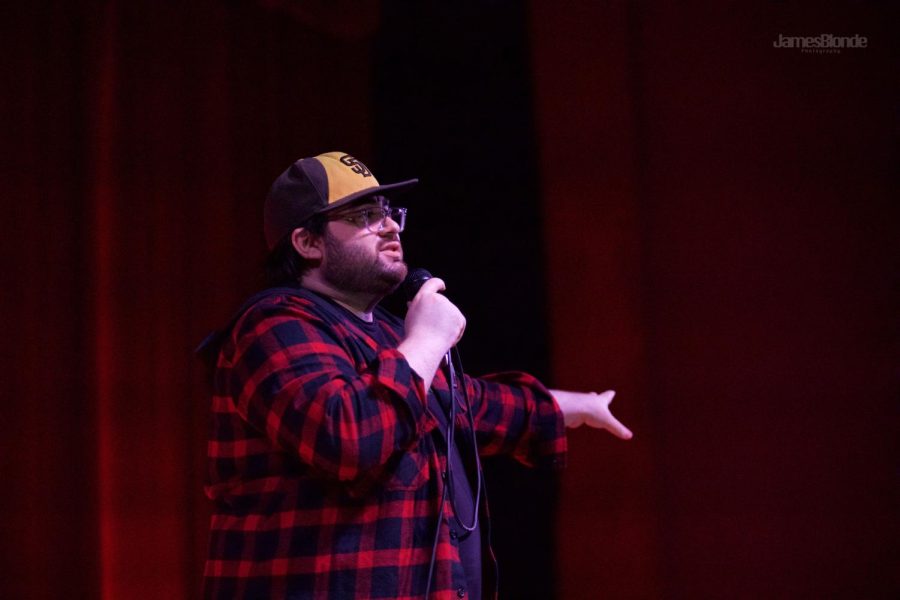
(Photo courtesy of James Schulte (James Blonde Photography))
Getting dressed and driving to school are the least of my problems (though current gas prices might make driving a bit more of an active concern). Pants were not the reason I fainted during a lecture in October, disrupting class and having to endure the embarrassment of having an ambulance called for me. Commuting to class is not why I have had to miss the equivalent of weeks of classes due to my mental health deteriorating.
The problem has been navigating life in a world that didn’t exist before lockdowns, shelter-in-place orders and COVID-19.
As I’ve grown older, the list of diagnoses has grown as well; depression, anxiety, obsessive compulsive disorder, post-traumatic stress disorder, insomnia and chronic panic attacks. There have been days, weeks, even months at a time that have been so dominated by my struggles just to remain functional that I can barely remember them and I have absolutely nothing to show for the time spent other than my continued existence (admittedly, given some context to come, even that is a bit of an achievement).
For many, 2020 and 2021 were some of the hardest years of their lives.
The hardest year of my life happened in 2019; I was laid off, my grandfather died, my pet cat and dog both died, and I lost my car in an accident. Twice that year found myself writing suicide notes and driving off to what was intended to be my oblivion.
I spent three days in an inpatient mental health facility and found myself in a depressive episode which consumed the greater part of a year, which I only began to work through close to the final months. Despite this, I continued writing and producing a full-length show of comedy and music (charmingly titled “I Can’t Believe I’m Not Better!”) and finishing the process of applying to Sacramento State to finally finish my degree. By the start of 2020, I truly felt that I might have made it through to the other side.
In 2020, I spent months of my life in a single room in Arden-Arcade that rivaled the size of my best friend’s closet (mind you, she does have a pretty impressive closet, but the fact remains) – just enough space to fit a bed, a bookshelf, a desk, and a wardrobe, and less than ample space to walk between those pieces of furniture.
As friends fell out of touch, as the world shut down and threatened to stay that way, I began to slip back. Some days, my Obsessive Compulsive Disorder was so overwhelming that I would sit, debilitated, in my room for hours at a time just trying to mentally organize and categorize every item in my room, over and over again.
By the time classes began in earnest, I was eager for a routine again and threw myself into my studies as best I could. When my mental health was particularly precarious, I had the mild comfort of knowing that I could still just sit in on my classes and nobody had to be any the wiser save the rare days where it was severe enough that I had to just stay in bed and do nothing at all.
Of course, that option was stripped away when classes returned to what we used to call ‘normal.’ The hour-long commute, the early mornings and late nights required to get to class and get the work done; the energy spent just trying to function even when the days were hard. This semester’s return to ‘normal’ meant that many things that had ceased to be my ‘normal’ all came back at once, and the emotional toll was severe.
I lost sleep stressing over assignments and coursework and missed classes to take time to get the rest I missed, creating a cycle that had the potential to spiral ever downward. Group projects, discussions, even just the reality of trying to remember how to behave “normal” in a classroom setting all just required that much extra effort while I was already trying to keep a lid on my emotions which were liable to spill out at the slightest provocation.
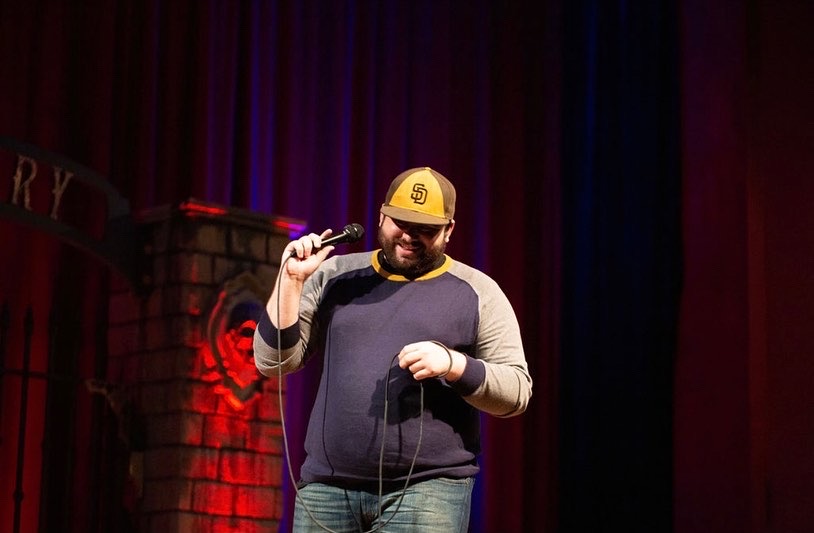
The stresses built up, exacerbated by the stress inherent in being a full-time student working a part-time job. In October, the stress had reached the point where I found myself driving and wailing on the phone at midnight to stand in the cold, black night at the edge of a bridge; I didn’t finish what I had aimed for that night, but the urge was still strong for weeks after the fact.
I worked to get in touch with a counselor or therapist, a process that doesn’t call attention to itself, even when physically tucked to the side in the WELL. For months, I tried to make appointments only to be rebuffed by the automated scheduling system or told that nobody was available by receptionists at the front desk.
I finally secured an appointment in October and after sitting on a waitlist following initial consultation, I had my first appointment in December. The work has only begun for me, finding tools to handle my struggles while trying to find the capability to use them.
Why would I be so personal in this article (other than the fact that I am afforded the freedom to do so because I get to write an opinion piece for once)? Why write out my failings, my fears, my struggles in such a public forum as this, a school paper with a sizable circulation?
Because I know that my story is not wholly unique.
The post-COVID experience has taken a toll on so many of us with our return to “normal” bringing back old stresses without removing any of the new ones. These last few semesters have been hard, and the future outside of college will be too, I am certain. We will continue to struggle, and we will continue to be asked to adapt by systems that want a “normal” that may not even be achievable any longer.
However, I know we can make it through this, because we are not alone.


























































































































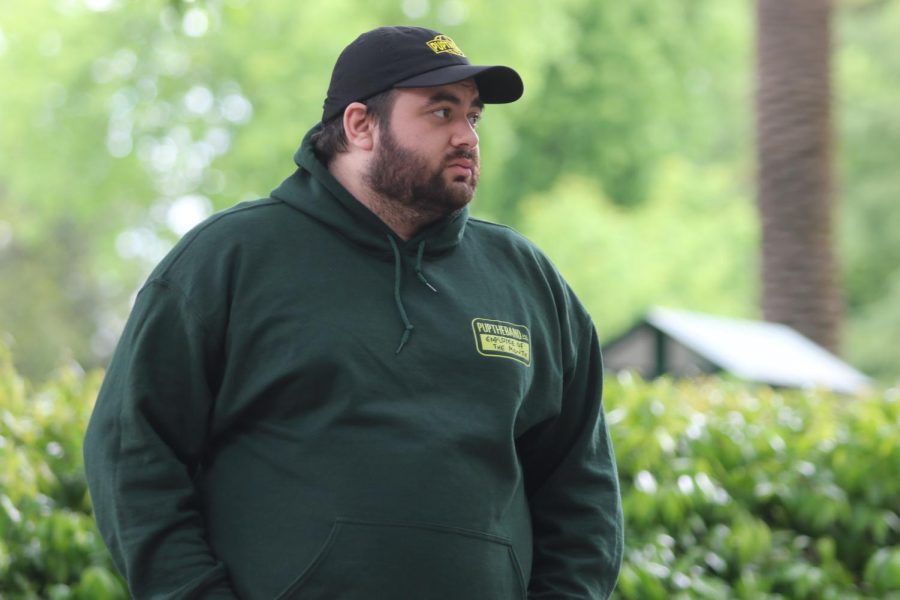

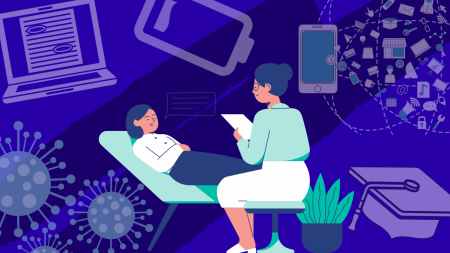


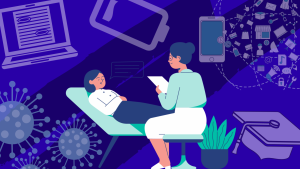
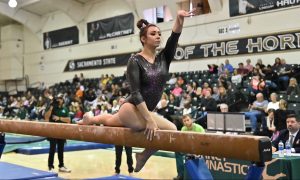
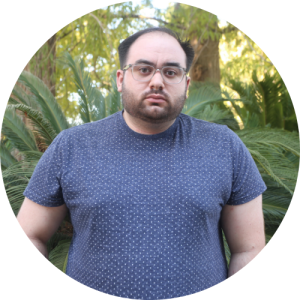


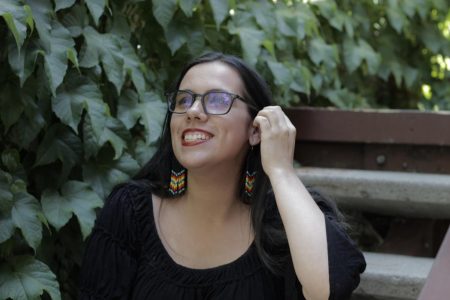
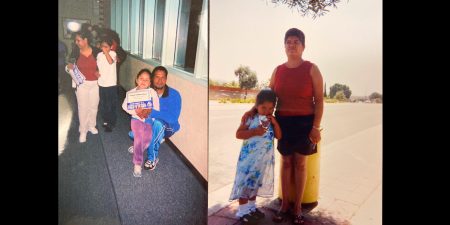
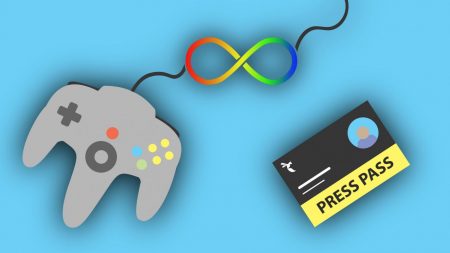
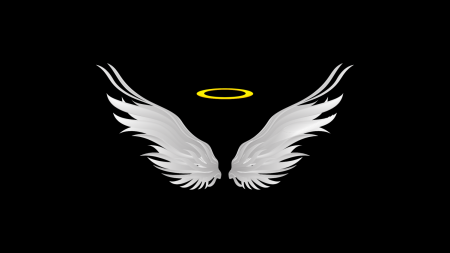
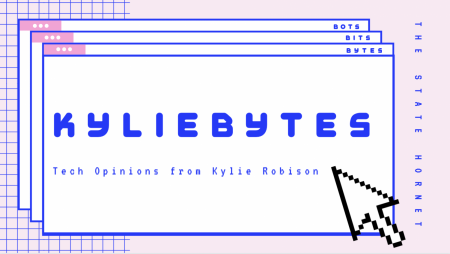
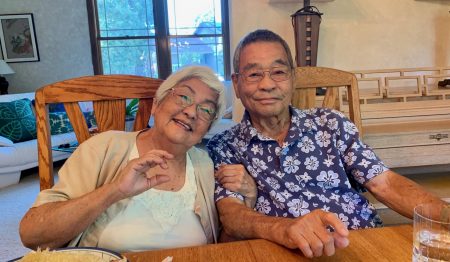
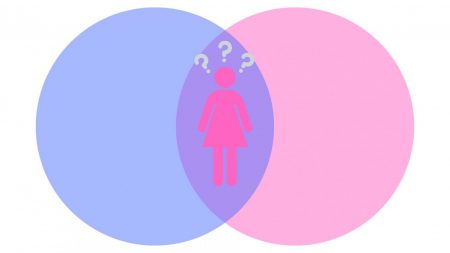
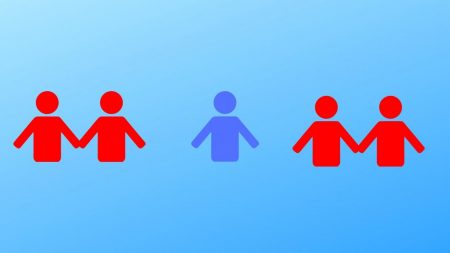
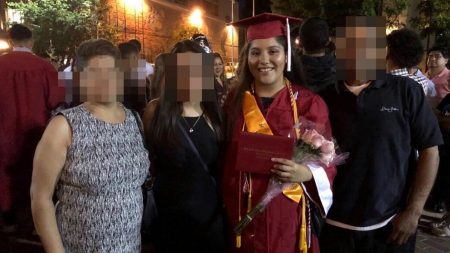
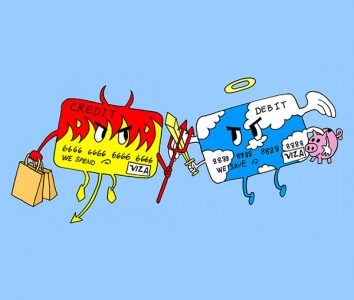
Linda Davis • May 11, 2022 at 1:06 pm
Having Casey Rafter for a friend…Odin you have found a treasure. You certainly have a fighting spirit and it’s difficult to comprehend what you go through on a daily basis. Blessed to have what it takes to be a stand up. Keep up the good work young man